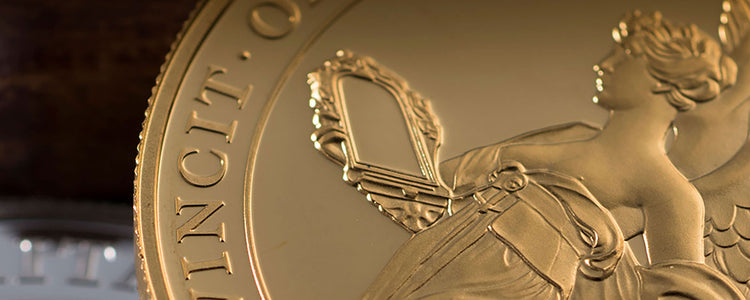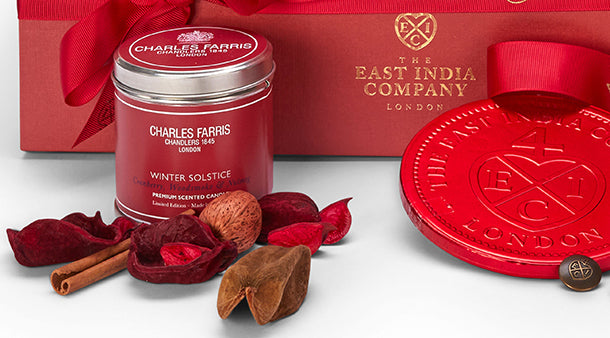
Lorem ipsum dolor sit amet, consectetur adipisicing elit, sed do eiusmod tempor incididunt ut labore et dolore magna aliqua. Ut enim ad minim veniam, quis nostrud exercitation ullamco laboris nisi ut aliquip ex ea commodo consequat. Duis aute irure dolor in reprehenderit in voluptate velit esse cillum dolore eu fugiat nulla pariatur.
The Cruciform & Sceptre Guinea
Historic Classic Guinea designs available for the first time featuring the portrait of King Charles III, writing a new contemporary chapter in the fascinating, historic and ongoing story of the golden Guinea.
The Cruciform & Sceptre Guinea
Featuring for the first time on the Guineas of King Charles III, the very
first Guinea design – the Cruciform & Sceptre.
Issued in exceptionally low limited edition and to the exact same specification as it’s 1663 predecessor.


THE 2024 CRUCIFORM & SCEPTRE GUINEA
The reverse design of the first Guineas, struck during the reign of Charles II, featured four crowned shields carrying the arms of England, Scotland, Ireland and France in a cross or ‘cruciform’ arrangement. The heraldic shields were separated by sceptres with four intertwined letter ‘C’s at their centre in tribute to Charles II.


That classic design has now been struck once again on this new golden Guinea which features the portrait of King Charles III on its obverse, creating a direct connection between the two Carolean Ages.
THE 1663 GUINEA – JOHN ROETTIER
The very first Guineas issued under King Charles II were designed by John Roettier. Designing both the obverse King’s effigy and reverse, Roetter was part of the celebrated Roettier family of goldsmiths, silversmiths, and engravers. A successful Flemish dynasty of engravers and medallists, his father Philip Roettier’s support for King Charles II whilst he was in exile secured future patronage for his sons.
Following Charles’ restoration, Philips’s eldest son, John, was invited to work in England. The most significant of the Roettier engravers, John became Chief Engraver of the Royal Mint in 1670 until 1689.
THE SYMBOL OF MONARCHY
The Guinea’s obverse carried the portrait of every monarch from Charles II to George III, bearing witness to the deposition of King James II in the Glorious Revolution of 1688, the creation of the United Kingdom during the reign of Queen Anne, the rise of the House of Hanover under George I and the Napoleonic Wars under the reign of George III. Its reverse has featured some of the most iconic and beautiful designs in the history of coinage, each telling its own story of the evolving politics, geography and monarchy of the British Isles.




 Ceylon / Sri Lanka
Ceylon / Sri Lanka Assam, India
Assam, India Japan
Japan Taiwan
Taiwan Nepal
Nepal China
China Kenya
Kenya Egypt
Egypt South Africa
South Africa





